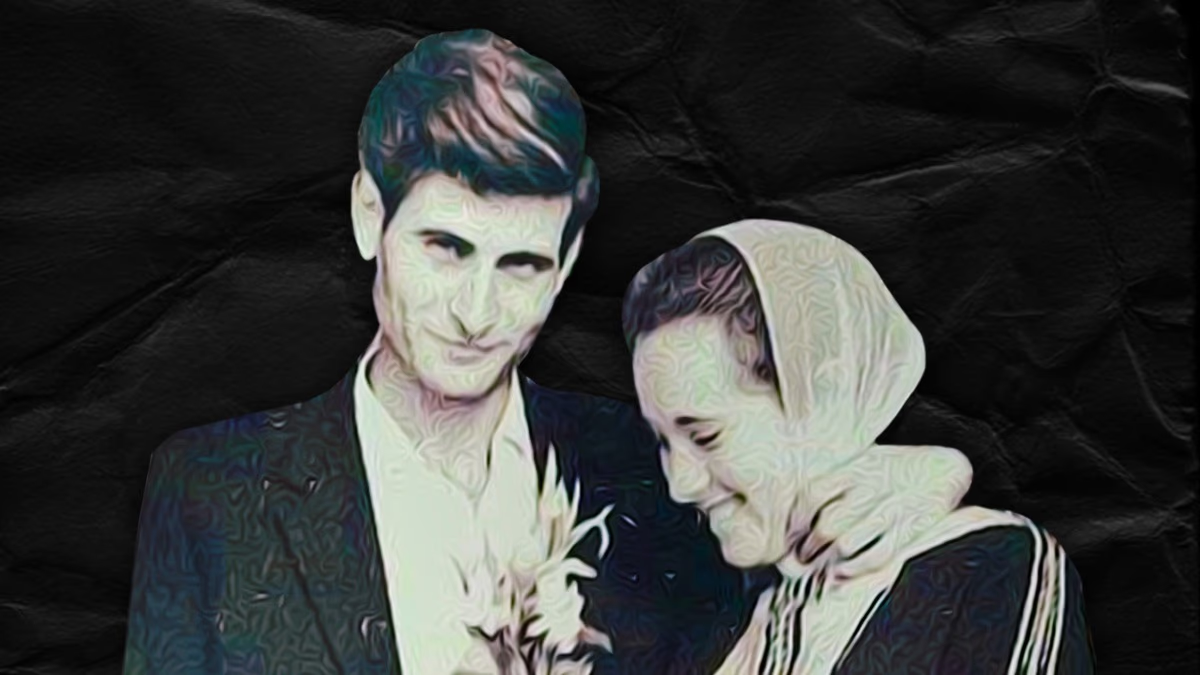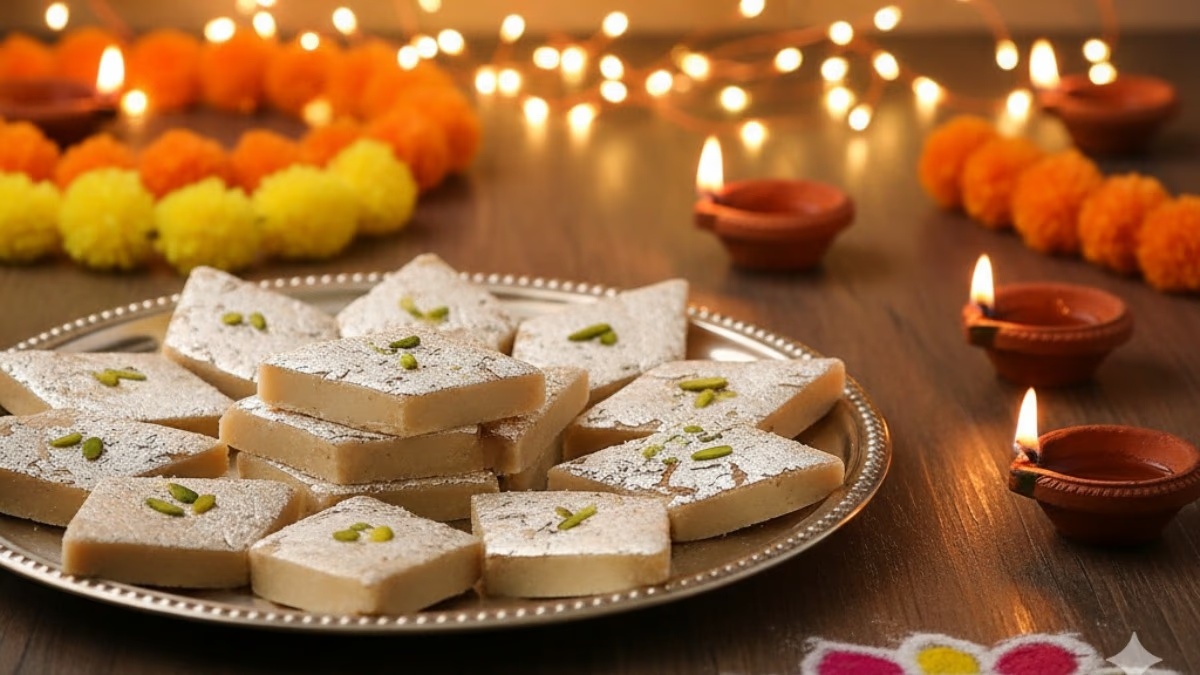One Day, the War Will End
Politicians will once again shake hands
An elderly mother will await her martyred son
Orphaned children will yearn for their father's return
We remain unaware of who sold our land
But I have seen who paid the price...
These verses, extracted from a poem by Palestine's celebrated poet Mahmoud Darwish, capture the essence of war and its aftermath. The true costs of wars fought over superiority and land fall heavily upon those unconnected to such battles. Amid the corridors of animosity between Israel and Palestine, a beautiful love story was woven into poetry. This tale's protagonist was Mahmoud Darwish, who fell in love with a Jewish girl named Tamar Ben Ami.
It is often said that love knows no religious boundaries. When the Arab-Israeli war erupted in 1948, Darwish was a mere seven. Amidst the chaos, many Palestinians were displaced, including Darwish's family, who had to move to Lebanon. The suffering continued after Israel's formation in 1948. However, the next year, Darwish's family returned to Israel, settling in Haifa. Yet, the distance from his homeland gnawed at Darwish, fueling his eloquent writing steeped in despair and helplessness.
Growing up with a desire for his nation's liberation, Darwish started writing poetry at a young age. His works soon began to reflect the struggles of Palestinian people. This inclination led him to partake in political activities, aligning with the Israeli Communist Party. He gained recognition not only in Palestine but as a poet of resistance worldwide.
Darwish's debut poetry collection,
Wingless Birds
, was published at 19. His poems prominently featured themes of country, war, and women.
Write Down
brought him fame beyond Arab nations. His poem
Identity Card
became a rallying cry across the globe, used as a protest anthem.
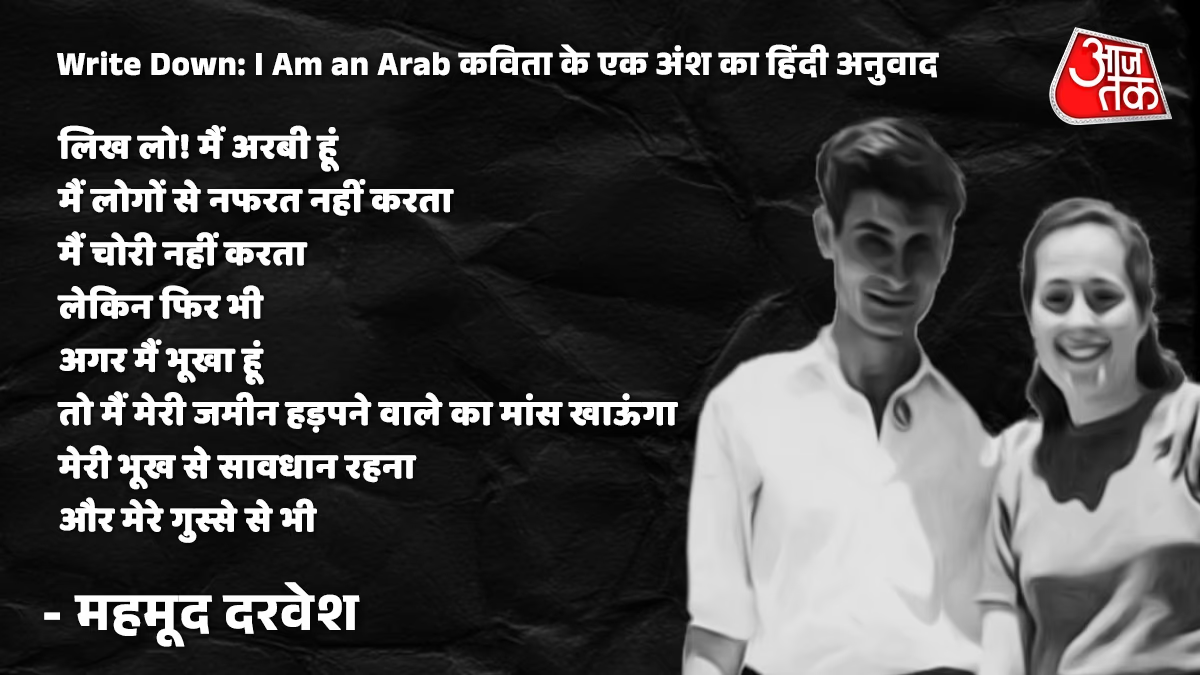
Source: aajtak
In 1973, Darwish was compelled to live in exile due to his ties with the Palestine Liberation Organization. He resided in Beirut and Paris for 26 years. In 1996, he received permission to settle in Ramallah, West Bank. Over his career, he published 30 poetry collections. Though his demise was in 2008, even 16 years on, discussions of his incomplete love story resonate—a tale spun from poems and letters under war's shadow.
War and Love Walked Hand in Hand...
Darwish's poetry served as a clarion call for Palestinian resistance against Israeli governance. During his stay in Israel, he released
Leaves of the Olive Tree
in 1964,
A Lover from Palestine
in 1966, and
End of Night
in 1967. This period also saw his association with the Israeli Communist Party
Rakah
, which advocated Palestinian rights. Darwish also edited the Arabic version of the party's newspaper, Al-Ittihad. Expressing nationalistic sentiments was challenging for Palestinians in Israel, yet Darwish chose to voice his love for Palestine and critique Israeli oppression through poetry, even facing imprisonment for his outspoken expressions. The plight of Palestine became a prism for his artistic and emotional expression.
Darwish was just 17 when he met Tamar, a 16-year-old Jewish girl, during a rally organized by Rakah. It was love at first sight for him, and as the saying goes,
He fell first but she fell harder...
He kept writing letters to Tamar for years, building a clandestine relationship amidst the tension of their nations' discord. These letters were penned in Hebrew, and for a long time, their relationship remained secret.
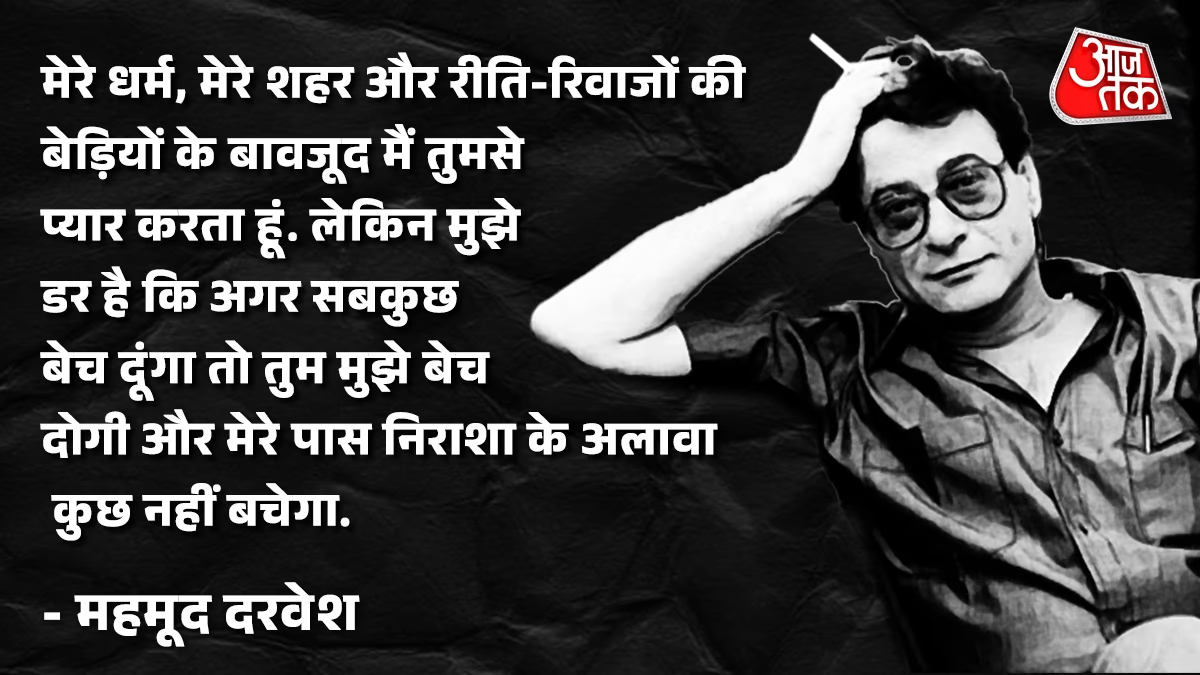
Source: aajtak
Love and separation remained the essence of his poetry. He once expressed, 'Despite the chains of my religion, my city, and customs, I love you. But I fear if I sell everything to you, you might sell me too, leaving nothing but despair.' Darwish frequently referenced a woman named Rita in his poems, symbolically representing Tamara, and echoing the unlikelihood of peace and reconciliation between Israel and Palestine.
In later interviews, Darwish admitted that Rita was indeed Tamar. One of his noteworthy works,
Rita and the Rifle
, penned for Tamar, stands among his greatest creations.
In 1964, Darwish composed the evocative
Write Down I'm an Arab
, leading to his imprisonment. These events inspired a documentary about their relationship, later released under the same title. In his 1973 work,
Journal of an Ordinary Grief
, he writes,
She said between sand and water, I love you. Between desire and torment, I replied, I love you.
Interestingly, within this collection, Darwish recalls how Tamar, visiting him in jail, told an official that she was there to say goodbye. She revealed she would soon become an officer, having secured a position with the Israeli Defense Forces (IDF). Her recruitment heralded the end of their romance. Darwish lamented, 'It feels like my nation has been conquered once more.'
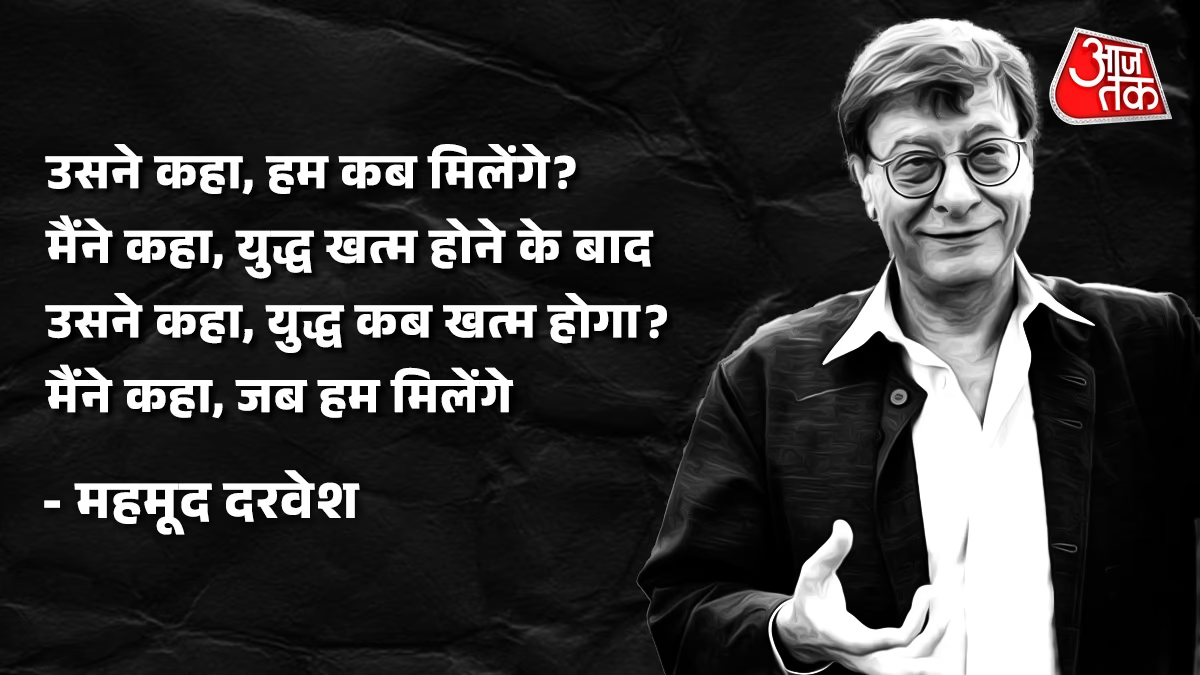
Source: aajtak
Speculation arose that Darwish favored national loyalty over romance. He ended his relationship with Tamar for his land, yet his love for her and his country coexisted. When writing about Rita, he was, in essence, writing about Palestine, and vice versa.
He once wrote, 'We once said only death could part us... but death was delayed, and we drifted apart.'
Darwish Potentially Influencing Israeli Politics
In 1971, Darwish left Israel to study at Moscow University. He joined the Palestine Liberation Organization (PLO) executive committee in 1987, aiding in drafting the declaration recognizing Palestine as a nation. Yet, he resigned from the PLO after the Oslo Accords between Israel and the PLO in 1993, only returning to Israel in 1995 to visit his ailing mother.
In 2000, there was a proposal to include Darwish's works in Israeli school curriculums, met with significant opposition. The Israeli Prime Minister at that time, Ehud Barak, remarked that the nation wasn't ready.
Darwish's role in the Palestinian nationalist movement dubbed him a nationalist poet. His poetry eloquently articulated love, war, peace, and the Palestinian people's sorrow and struggle. In 2000, Israel's then Education Minister, Yossi Sarid, proposed including Darwish's poems in Israeli schools, sparking threats of toppling the government from right-wing leaders within. In a New York Times interview, Darwish shared,
